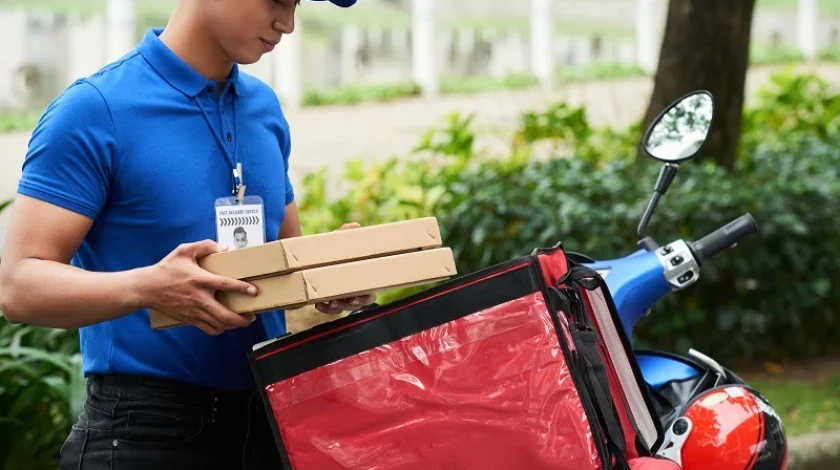Technology has enabled people to become more creative in both how and when they work.
Due to the increasing attractiveness of being able to work your own way, in your own time and with a personalised level of spontaneity, a new class of worker known colloquially as either platform, or gig-economy workers, has come into existence – and as it stands, the law is yet to catch up conceptually.
Within the context of traditional worker categories, it is uncertain whether either employment or independent contracting rules should apply to this new type of worker, or whether an entirely new category (or group of categories) should be introduced.
Unfortunately, the position is currently unsettled both here in Australia and internationally.
In the UK case of Uber B.V v Aslam & Ors [2018] EWCA Civ 2748, the court held that two Uber drivers were defined as ‘workers’ under British legislation, and were thus entitled to minimum rates of pay, as well as other employment conditions such as paid leave.
The rationale behind this decision was that the workers had been providing transportation services on behalf of Uber, as it expected its drivers to accept all trips when the mobile application was turned on.
Accordingly, given the level of control that Uber exerted over its drivers, it was impossible for them to be operating a business at their own accord.
In the Australian case of Kaseris v Rasier Pacific VOF [2017] FWC 6610, the Fair Work Commission found that Mr Kaseris had failed to establish that he was an employee of Uber due to the fact that there had been no “wages-work bargain which is essential to an employment relationship”.
Deputy President Gostencnik stated:
“Perhaps the law of employment will evolve to catch pace with the evolving nature of the digital economy. Perhaps the legislature will develop laws to refine traditional notions of employment or broaden protection to participants in the digital economy. But until then, the traditional available tests of employment will continue to be applied.”
The Uber position in this particular case should be contrasted with the case of a food delivery rider, Klooger v Foodora Australia Pty Ltd [2018] FWC 6836, where the Fair Work Commission found that Klooger was actually an employee, and was thus entitled to make an unfair dismissal claim. This worker was subsequently awarded over $15,000 in compensation. Applying the multifactorial test, all indicia pointed to an employment relationship, as opposed to one of an independent contractor.
What these cases tell us is that the Uber model is unlikely to be considered one of ’employment’, whereas the Deliveroo and Foodora models probably are. As such, it seems valid to say that this is an issue calling out for legislative attention, rather than court or Commission decisions which can deal only with individual cases, rather than broader conceptual issues.
With the Federal election just weeks away, it is unlikely that Australia will get a settled position on the characterisation of platform, or gig-economy workers in the near future. At present neither the Labor or Liberal parties have any solid stance on this topic, although Labor is more likely to want to deal with this issue with a view to extending the safety net available to employees to gig-economy workers. With this said, actually going through with this will be difficult and fraught with the risk of unintended consequences.
Watch this space!
If you have a query relating to any of the information in this piece, or you would like to speak with a lawyer in Coleman Greig’s Employment Law team with regard to your own matter – please don’t hesitate to get in touch today.














